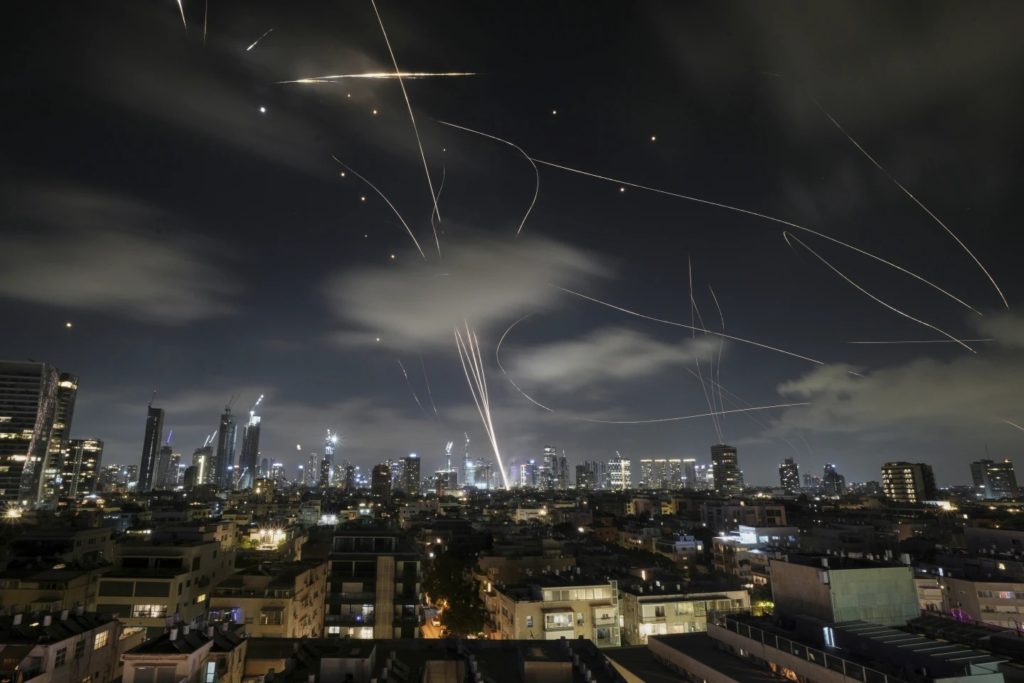The Club World Cup is underway. Cameras wind through the stadiums, true temples of football, where anthems resonate like modern prayers and players shake hands before the big battle. In the stands, crowds vibrate; at home, millions more follow every play with excitement. It’s the celebration of football: a showcase of talent, dribbling, passion, and glory. The media repeats it tirelessly: a historic event, a spectacle that allows no absence; the promised prelude to the 2026 World Cup.
But at the same time, far from that euphoria and the roar of the stadiums, another scenario is unfolding with a somber intensity. In the Middle East, the conflict between Israel and Iran is escalating. Political tensions are exploding, clashes are becoming more frequent, and fear is spreading like smoke over the cities. Alarms are ringing loudly; fear is becoming a daily occurrence. There are people who can’t sleep, waiting wordlessly and without consolation for the worst to happen.
These are two worlds, two realities as opposite as they are simultaneous. While some calculate strategies to win a match, others hone their most primal instinct: to survive, one more day, one more minute. On one side of the world, goals are celebrated and records are broken; on the other, the news is colder, more unnoticed, reporting victims, displacement, and destruction. The most surprising thing is not that both things happen, but that they happen at the same time, that joy and horror travel in parallel on the same timeline.
It’s not about contrasting one reality with the other. Football also unites, moves, and excites. There is genuine joy in every goal, in every victory, but when all the focus is on the celebration, we run the risk of forgetting that there are other parts of the world that aren’t celebrating. Because there are corners of the world where there are no songs, no hugs, no celebrations, there are places where life breaks down in silence, where the roar of pain surpasses the clamor of any stadium.
This coexistence of such different realities should make us think. How do we manage to process so much inequality? How can we live with such an emotional distance between a goal and a missile? It’s not about stopping enjoying ourselves, but about learning to look with greater breadth and empathy.
Because living on this planet isn’t just about inhabiting our bubble. It’s about recognizing that while in one place we applaud, in another we cry in silence. That those other stories, even if they don’t directly affect us, also deserve to be seen, named, and remembered. And that, if we don’t learn to see beyond the glare of the spectacle, the blindness of our indifference may once again lead us to stumble into the abysses that have marked the darkest chapters of our history.
Albert Einstein said it with great lucidity: “I do not know with what weapons the Third World War will be fought, but the Fourth World War will be fought with sticks and stones.”

